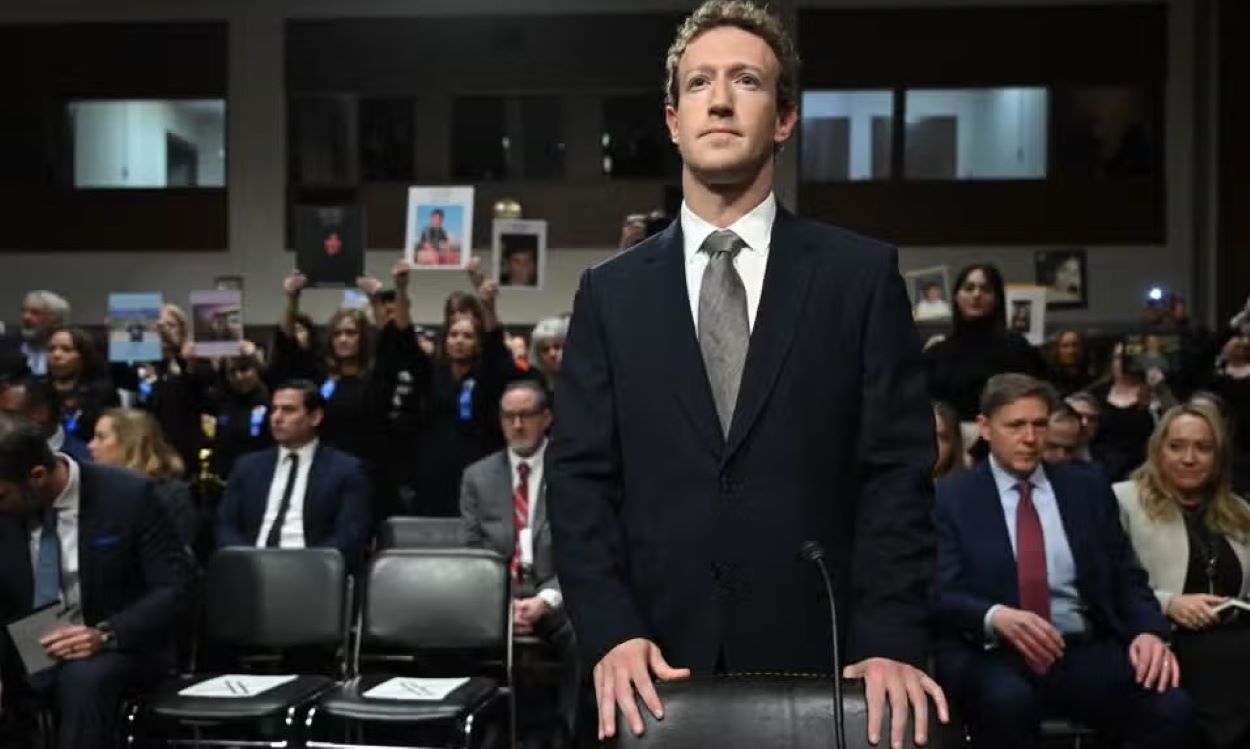On Tuesday, Meta CEO Mark Zuckerberg made a pivotal admission during a high-profile U.S. antitrust trial in Washington.
Testifying on the second day, he revealed that Meta acquired Instagram in 2012 because its camera was superior to what Facebook was developing. This statement supports the U.S. Federal Trade Commission’s (FTC) claim that Meta used a “buy or bury” strategy to maintain a social media monopoly, raising stakes in the push to unwind its Instagram and WhatsApp acquisitions.
Under questioning by an FTC attorney, Zuckerberg acknowledged that Instagram’s rapid growth posed a challenge to Meta, which was then called Facebook. “We were doing a build vs. buy analysis,” he said, noting Instagram’s camera app outperformed Meta’s efforts. “I thought it was better to buy them.” He also admitted Meta struggled to build successful apps, stating, “Building a new app is hard… the majority of them don’t go anywhere.” These remarks highlight Meta’s reliance on acquisitions over innovation.
Meta CEO Mark Zuckerberg took the stand at a high-stakes trial in Washington over US antitrust enforcers' claims that the company spent billions of dollars to acquire Instagram and WhatsApp to fend off Facebook competitors https://t.co/vEnhJrDbuW pic.twitter.com/QNEJfZOc5U
— Reuters (@Reuters) April 15, 2025The FTC’s Case Anti Trust Case
The FTC filed the case in 2020 under President Donald Trump’s first term, arguing Meta illegally monopolizes platforms for sharing with friends and family. It names Snapchat and MeWe as Meta’s main U.S. competitors, dismissing platforms like TikTok, YouTube, X, and Reddit as non-interchangeable due to their focus on broader content sharing. The FTC cites a 2008 Zuckerberg email, “It’s better to buy than compete,” suggesting a stifling rival pattern.
Meta counters that the FTC misdefines the social media market, ignoring fierce competition from TikTok, YouTube, and Apple’s iMessage. The company argues its acquisitions enhanced Instagram and WhatsApp, benefiting users. Zuckerberg’s past statements and Meta’s claims don’t reflect current market realities, where it faces constant pressure to innovate.
Read: Mark Zuckerberg Testifies in Landmark Meta Antitrust Trial
This case tests the new Trump administration’s stance on Big Tech amid promises to curb corporate power. A ruling against Meta could force it to sell Instagram and WhatsApp, reshaping the industry. The outcome may also influence other antitrust cases against Google, Apple, and Amazon, making it a landmark moment for tech regulation.






